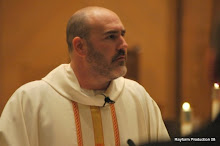The CCC seems to be making clear that this new covenant will not pass or away and nothing new will be added. That which we perceive as "new" from HMC is simply (although anything but simple) the building on of what is and the following through to logical extensions.
Marian Apparitions seem to be covered here, as the CCC teaches that any private revelation is not to be interpreted as "new revelations", but God's effort to help us live today those things he taught much earlier.
God has revealed himself fully by sending his own Son, in whom he has established his covenant for ever. The Son is his Father's definitive Word; so there will be no further Revelation after him.
That pretty much sums it up!
